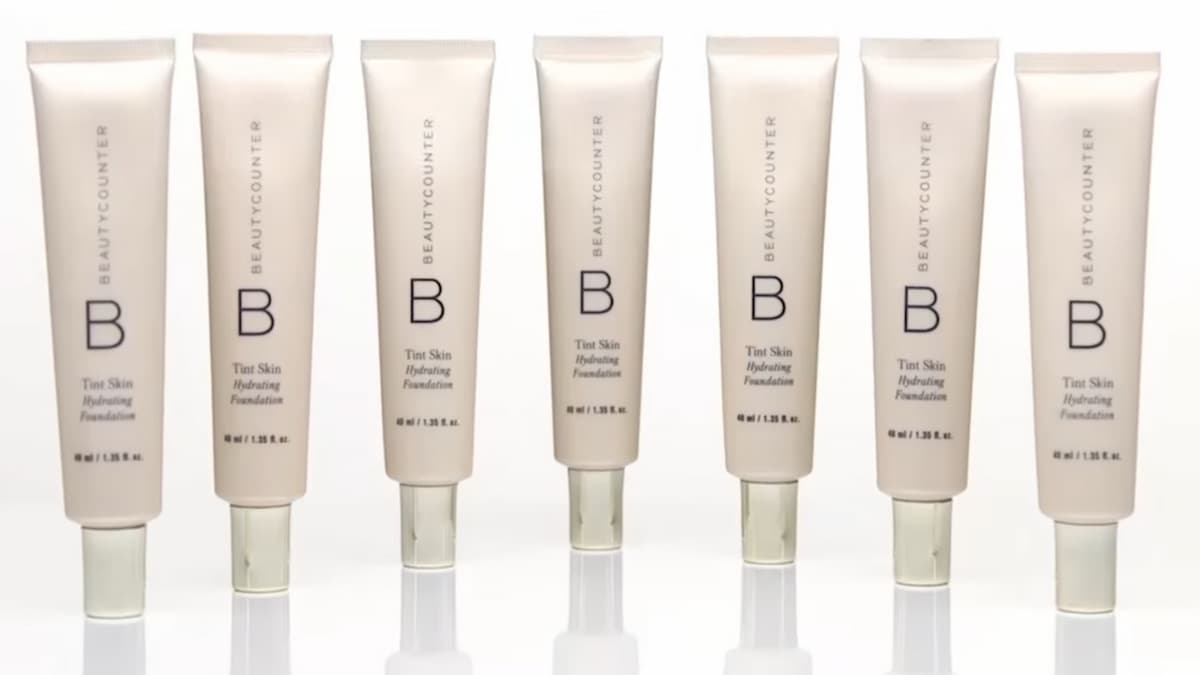The famous seller of skincare and cosmetic products, Beautycounter, abruptly terminated all of its distributors this week. While the company offered great alternatives to make-up and skin care products, it has been embroiled in controversy due to its business operating on an MLM model.
Okay, so that raised more questions than it answered. So, first things first…
What is an MLM?
For those who don’t know, Multi Level Marketing businesses (MLMs) have a bit of a bad reputation. The model typically involves people signing up and becoming consultants. They then usually promote a product and often recruit others to work for them to sell the product in order to make as much profit as possible. You don’t receive a salary in an MLM either, instead, you get paid a commission based on how much you are able to sell.
Essentially it’s a rebrand of the pyramid scheme and, understandably, many people think that MLMs are a con. That’s not to say the business model can’t work as a legitimate source of income, but often, it ends up with people losing money rather than making it.
What is Beautycounter?
Beautycounter is an MLM company formed in 2013 that offers a greener alternative to modern make-up and skin care products. It only offers products that do not contain harmful chemicals or contaminants that were shown to be present in a lot of other options available in the market. Beautycounter advocated for better guidelines regarding what goes into make-up products and less use of harmful ingredients.
As of now, the company is going through a metamorphosis of sorts. The website redirects to a page that contains a message from the CEO, Gregg Renfrew, which reads:
The Beautycounter business that you knew previously has wound down.
However, I am excited to share the news that I am creating a new company that will allow us to sell the products you know and love- pushing forward the important mission of making the industry, and our world, safer and healthier.
They’re not the only cosmetics brand in trouble this year. The future of the company is uncertain, but we know it’s had a rocky past as Renfrew left the company way back in January 2023, or to put it more accurately, she was ousted by the private equity firm, Carlyle, who bought the company in 2021. However, an article from Business of Fashion reports that Renfrew bought back Beautycounter out of foreclosure.
The Beautycounter controversy
As I said, there are legitimate MLM businesses, but the issue is that it seems like Beautycounter was not one of the good ones.
An analysis of the company’s income disclosure statement from 2019 shows a majority of consultants saw next to no profit. An article from Travelling Jezebel breaks down the figures, pointing out how only 1% made over 30,000 a year, 22% earned over $1,000, 35% over $500, and 25% earned nothing. You also have to factor in the fact that many spent hundreds on enrolment kits and starter sets, though the net profit for many is probably in the negative.
This is the nature of MLM businesses, but as long as the consultant knows what they’re getting into, there shouldn’t really be too much of an issue. The thing is, Beautycounter hasn’t exactly been forthcoming with these figures. According to an article from TINA.org, the website skirted around the question of how much consultants could expect to earn.
“In general, Consultants who dedicate the most time and effort to Beautycounter earn the most in financial rewards. To see more information showing the earnings of all Beautycounter Consultants, please refer to the Income Disclosure Statement.”
The article gives many examples of how Renfrew and other consultants twisted the facts to convince people to sign up. In some cases, it comes across as almost predatory as the dream of financial security is sold to people who are struggling. In a video conference titled “Latinx/Hispanic opportunity call,” Renfrew encourages the women she’s speaking with to market to college students who have lost their jobs. She also says that it’s their “responsibility” to pitch the business opportunity to those struggling within their communities.
Throughout all of this, nobody is made aware of the fact that most Beautycounter consultants make literally next to nothing. The pitch is that they could potentially make six figures and that working with the company could allow them the financial freedom they desire. Obviously, it’s not impossible for this to happen, and it has been the case for a very small percentage of people, but this isn’t what most people will likely experience.
If people truly knew the income of Beautycounter consultants before signing up, it’s very likely that many would have backed out in the first place. The fact of the matter is that the company was not transparent when explaining the reality of the situation and many people likely spent a lot of money on the enrolment and starter packs only to find that they would probably never make that money back.
For now, Beautycounter and distributors working for the company are gone. Hopefully, whatever Gregg Renfrew turns the business into will be more honest with its partners and customers to avoid future controversies.

